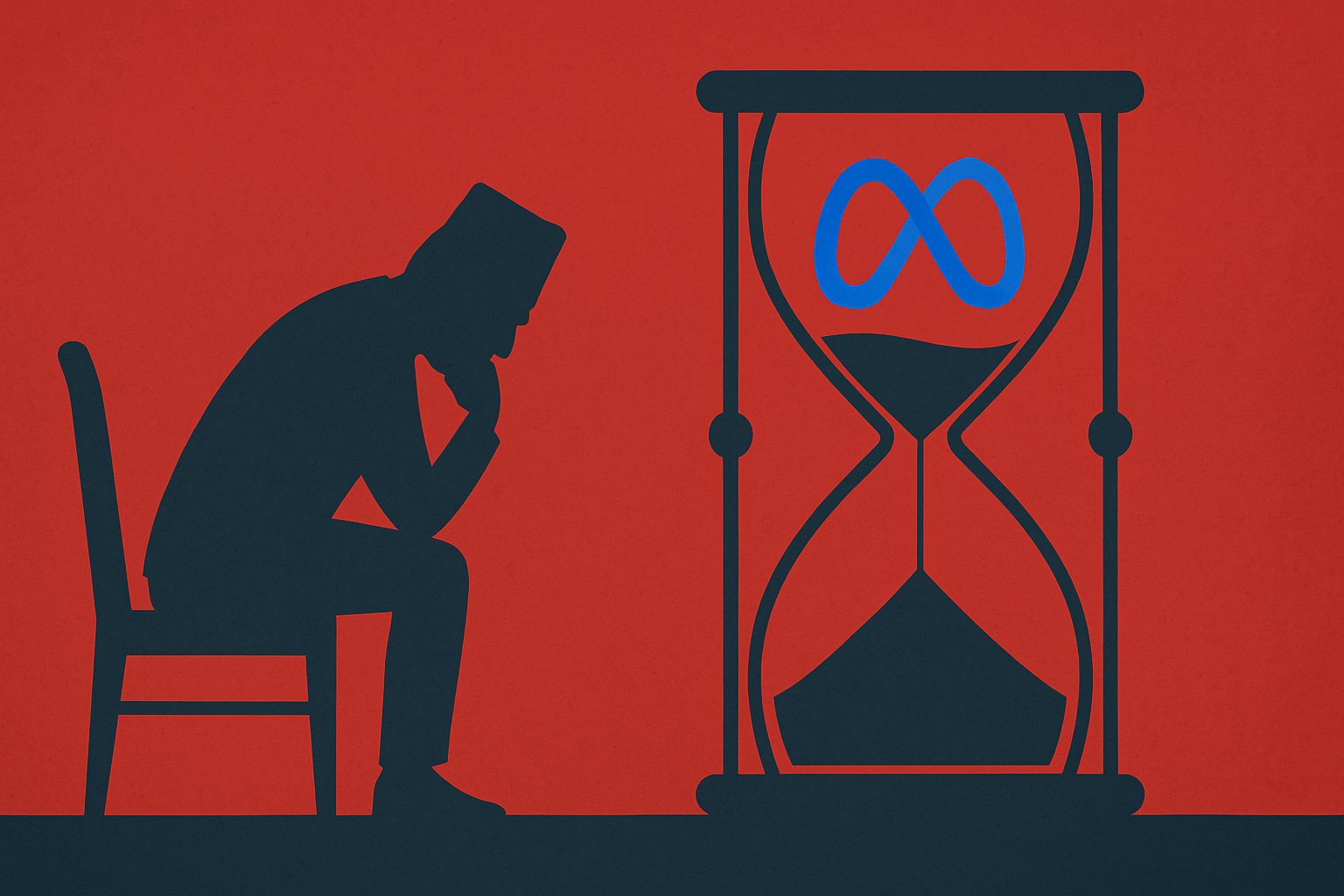Nepal Orders Ban on 26 Social Media Platforms, but Leaders Keep Posting on Facebook

Kathmandu — In a dramatic move raising both eyebrows and outrage, Nepal’s telecom regulator has ordered all internet service providers to shut down 26 major social media platforms, including Facebook, Instagram, YouTube, Twitter (X), and WhatsApp. Yet even as the ban order circulated, Prime Minister Khadka Prasad Oli and several cabinet ministers continued posting actively on Facebook, exposing what critics call a “double standard at the very top.”
The directive, issued Thursday by the Nepal Telecommunications Authority (NTA), follows a ministerial meeting on September 4 (Bhadra 19, 2082 BS). Officials said the decision was based on the government’s 2023 guidelines requiring social media platforms to register locally before operating in Nepal. “Despite repeated requests for registration, most platforms ignored the process. The government has therefore decided to deactivate them in Nepal,” said Gajendra Thakur, spokesperson for the Ministry of Communication and Information Technology.
The list of platforms targeted includes Reddit, Discord, Pinterest, Signal, Threads, WeChat, Quora, Tumblr, Clubhouse, Mastodon, Rumble, MeWe, VK, Line, IMO, Zalo, and Soul. However, one widely used local app, Hamro Patro, has already been whitelisted and will not be blocked. Thakur also revealed that Meta’s Singapore-based office had contacted the ministry about registration paperwork, though none of Meta’s platforms (Facebook, Instagram, WhatsApp, Threads) have been given whitelist protection yet.
Public reaction was swift and biting. Social media users mocked the irony of government officials announcing bans on Facebook while still using the very same platform. One user wrote, “Imagine shutting down Facebook… by posting on Facebook!” Opposition lawmakers echoed the anger, warning that the move could directly undermine freedom of expression. Civil society activists also argued that restricting access to platforms amounts to silencing ordinary citizens while protecting political elites.
Government-aligned experts, however, defended the step as necessary for tax compliance, legal accountability, and combating disinformation. They argue that without a registration framework, Nepal has little leverage over foreign tech giants operating within its borders.
Internet service providers, caught in the middle, remain cautious. Representatives said the technical implementation of such a sweeping block would be complex and could cause widespread disruption to daily communication, business, and education.
For now, the ban has been ordered but not yet enforced in practice. The contradiction between leaders’ reliance on Facebook and their directive to block it has only intensified public skepticism. As the world watches, Nepal faces a difficult balancing act between regulating global tech giants and protecting the digital freedoms of its citizens.
Facebook




![From Kathmandu to the World: How Excel Students Are Winning Big [Admission Open]](https://www.nepalaaja.com/img/70194/medium/excel-college-info-eng-nep-2342.jpg)


